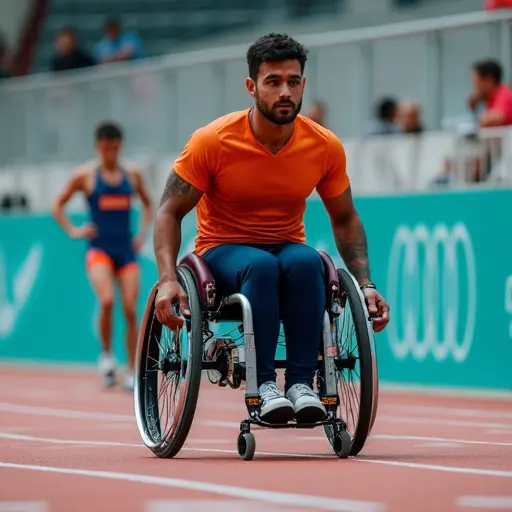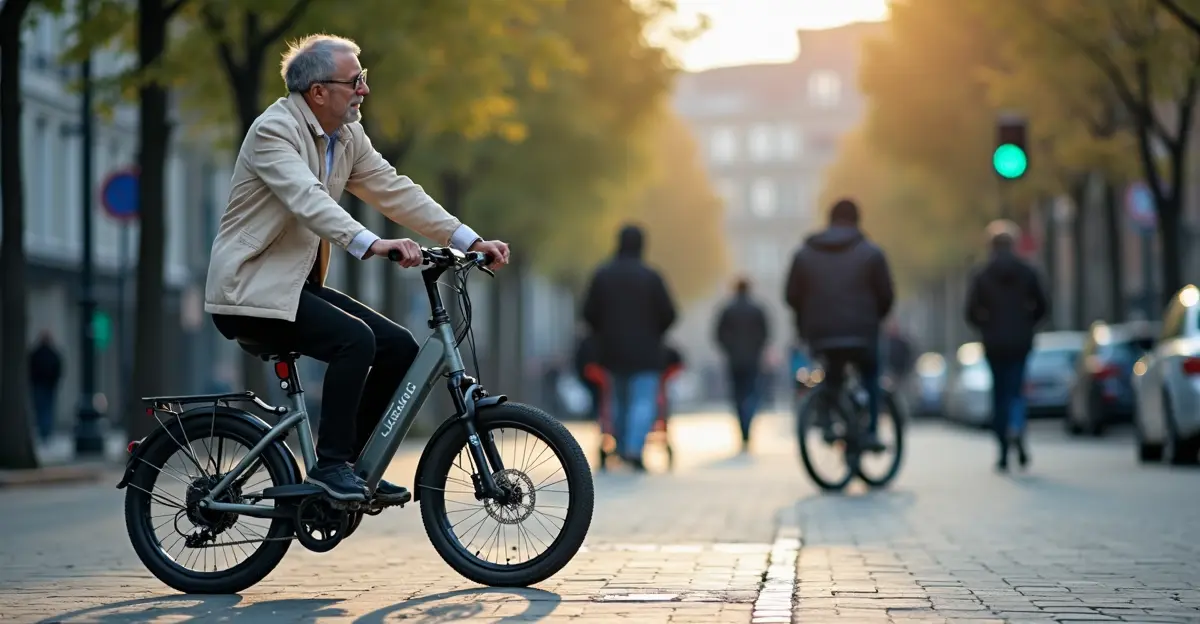
Breaking Barriers Through Innovation
Cutting-edge technologies are transforming adaptive sports, empowering athletes with disabilities to achieve unprecedented performance levels. The 2025 Winter Sports Clinic in Colorado recently showcased revolutionary prosthetics, AI-powered wheelchairs, and sensory-enhancing gear that are redefining possibilities.
Game-Changing Technologies
New carbon-fiber running blades with neural sensors now provide real-time gait analysis, while exoskeleton suits enable paraplegic athletes to stand and compete. Smart gloves with haptic feedback help visually impaired skiers navigate slopes through vibrations. Companies like Össur and Ottobock lead these innovations, with prices dropping 40% since 2023 due to 3D printing advancements.
Beyond Physical Performance
These technologies extend beyond competition - they're boosting mental health and social inclusion. A recent Harvard study shows adaptive athletes report 65% higher life satisfaction. "This isn't just about sports; it's about reclaiming independence," says Marine veteran Mark Rivera, who climbed Pikes Peak using AI-assisted prosthetic legs.
The movement gains momentum with events like Boston's Adaptive Sports Fashion Show, where functional gear meets mainstream appeal. Paralympic committees now require all host cities to install sensor-embedded tracks and AI coaching systems by 2028.

 Nederlands
Nederlands English
English Français
Français Deutsch
Deutsch Español
Español Português
Português








